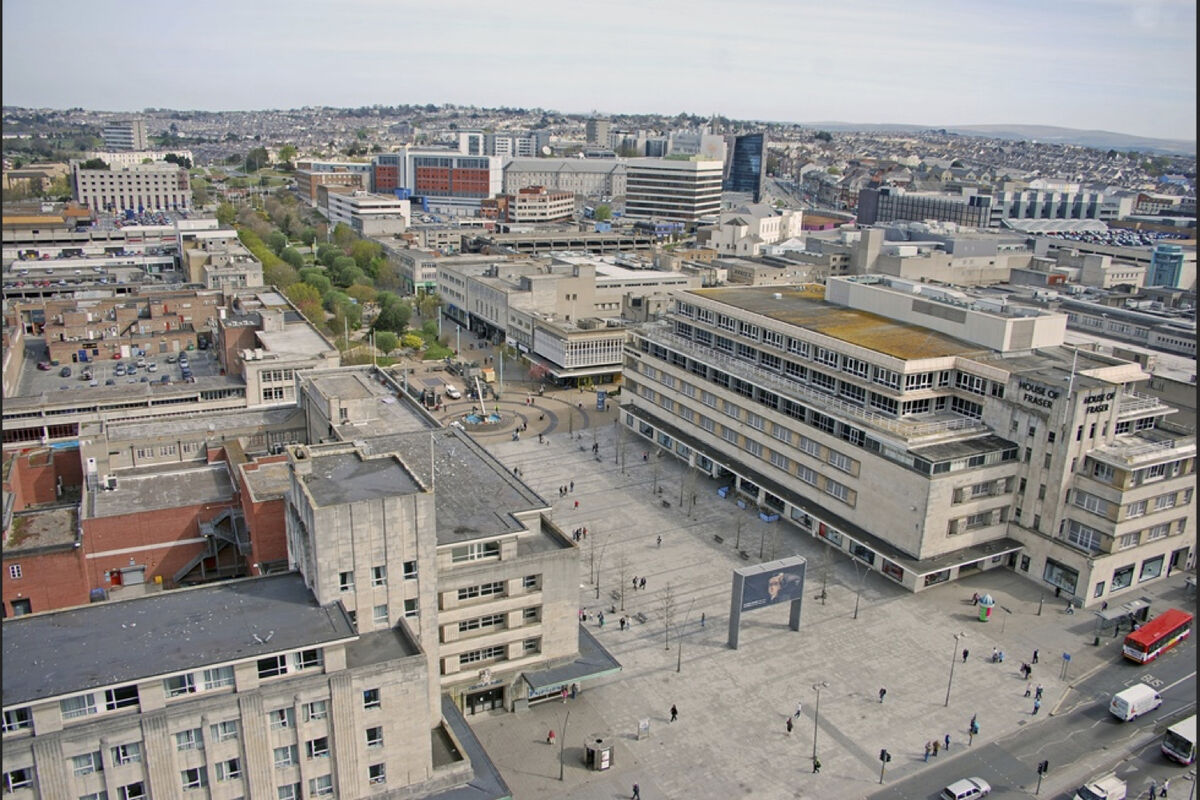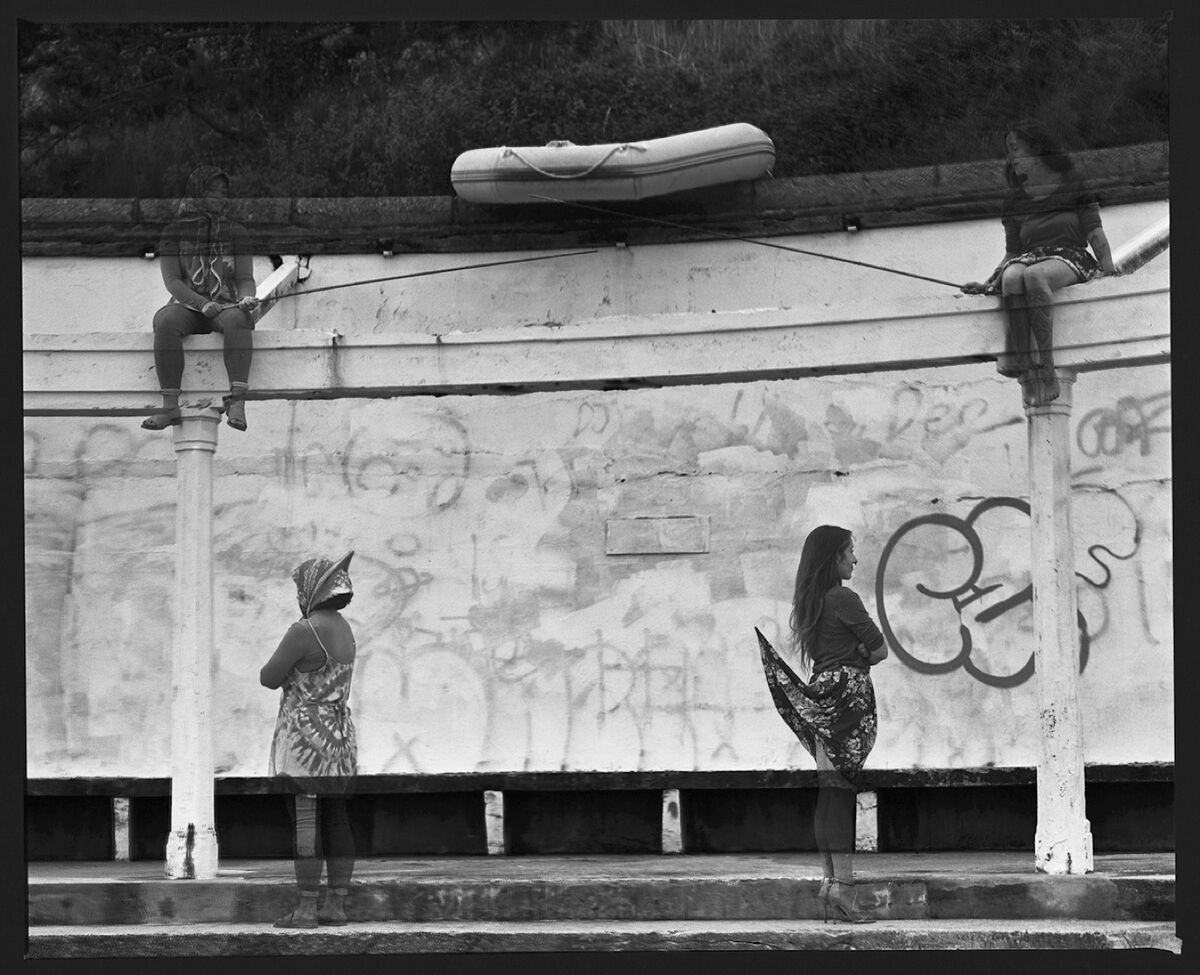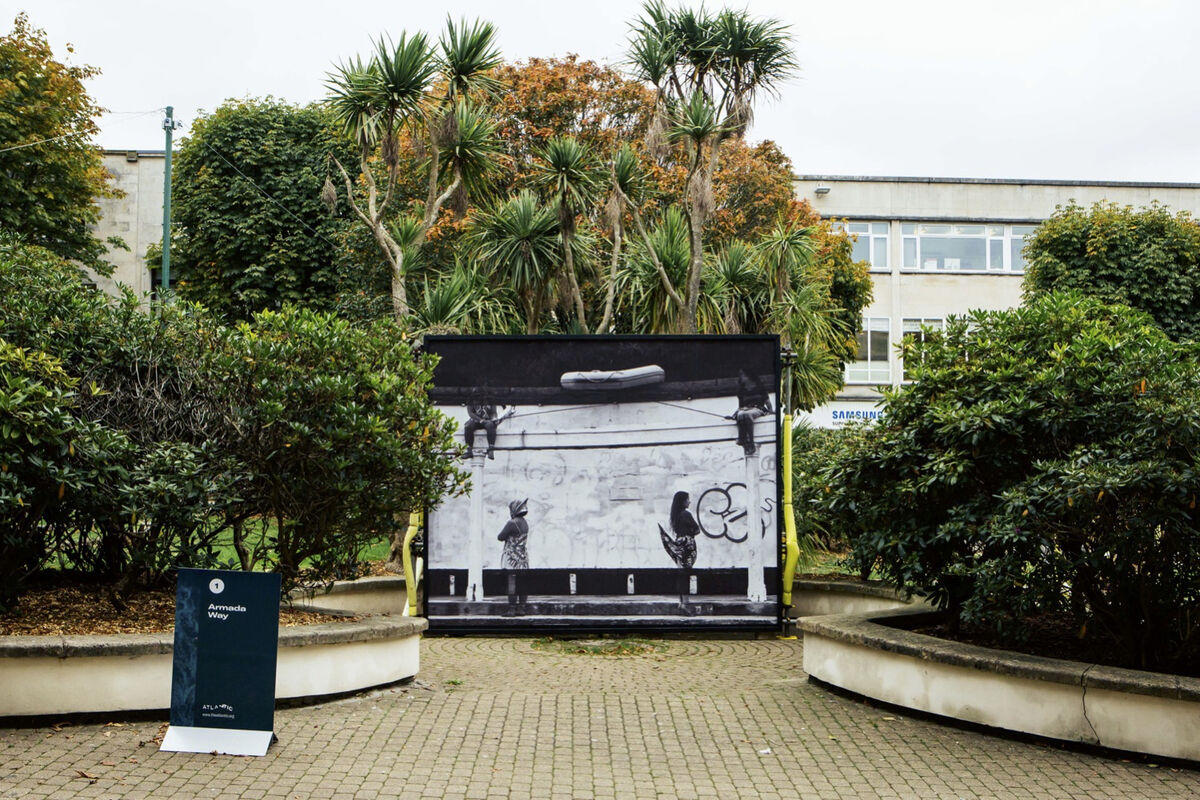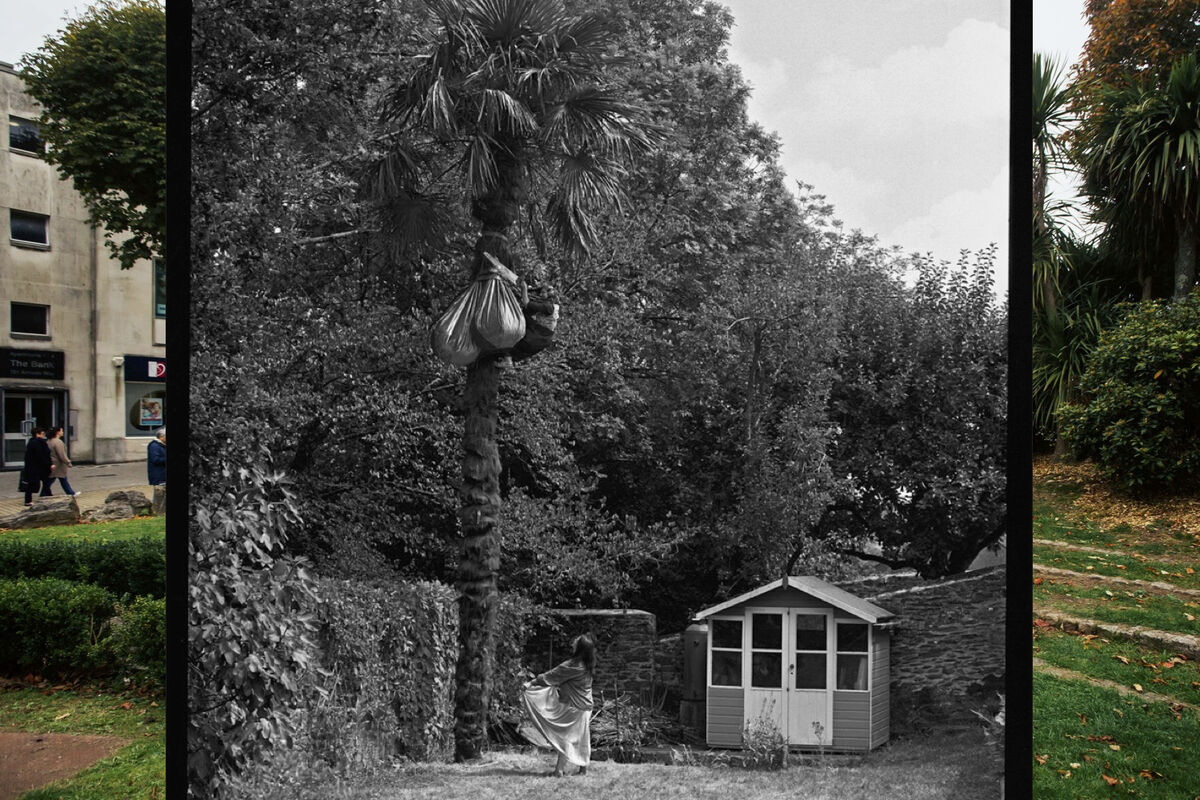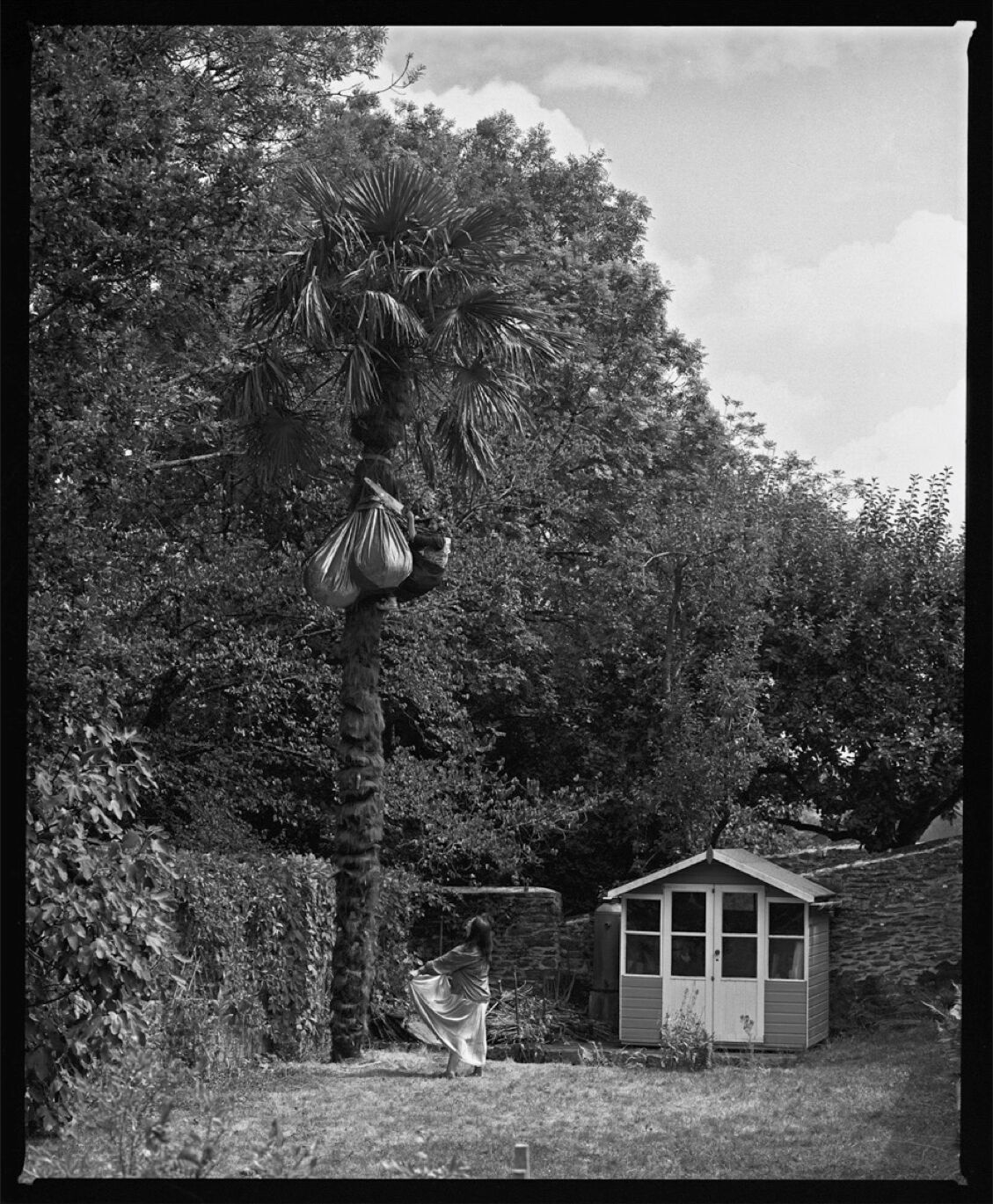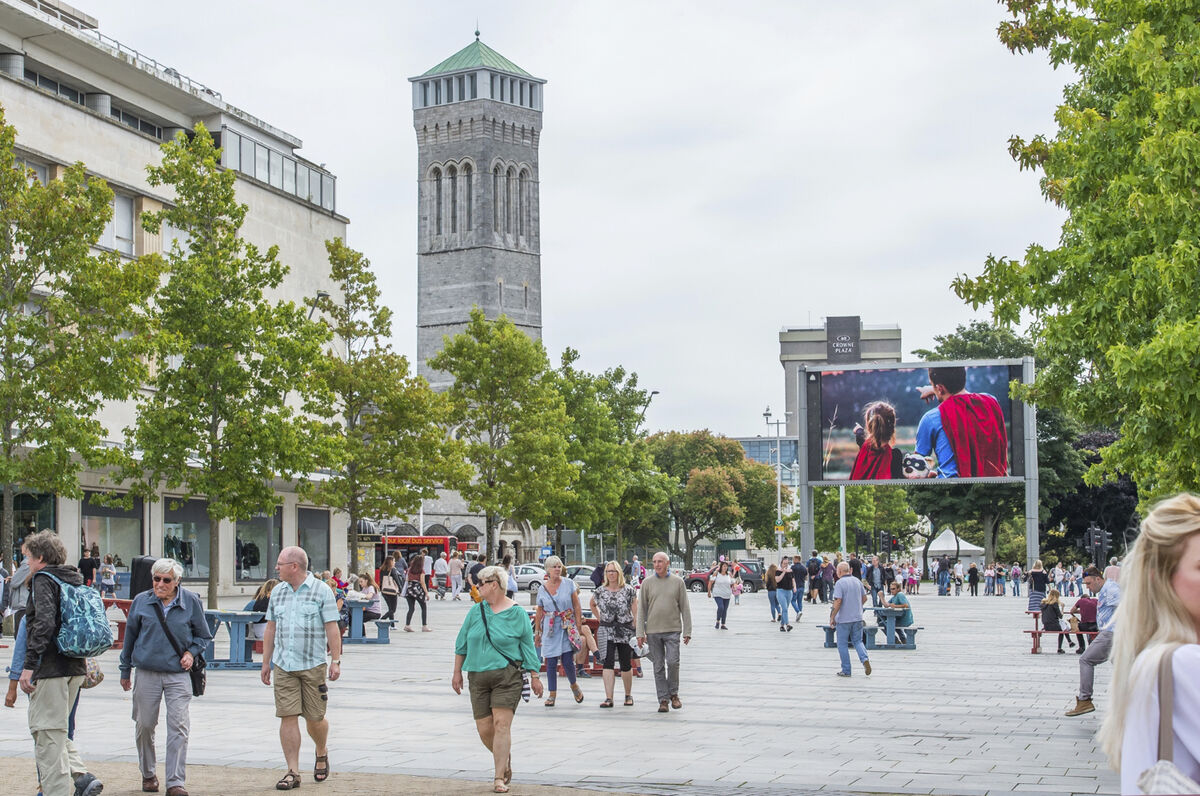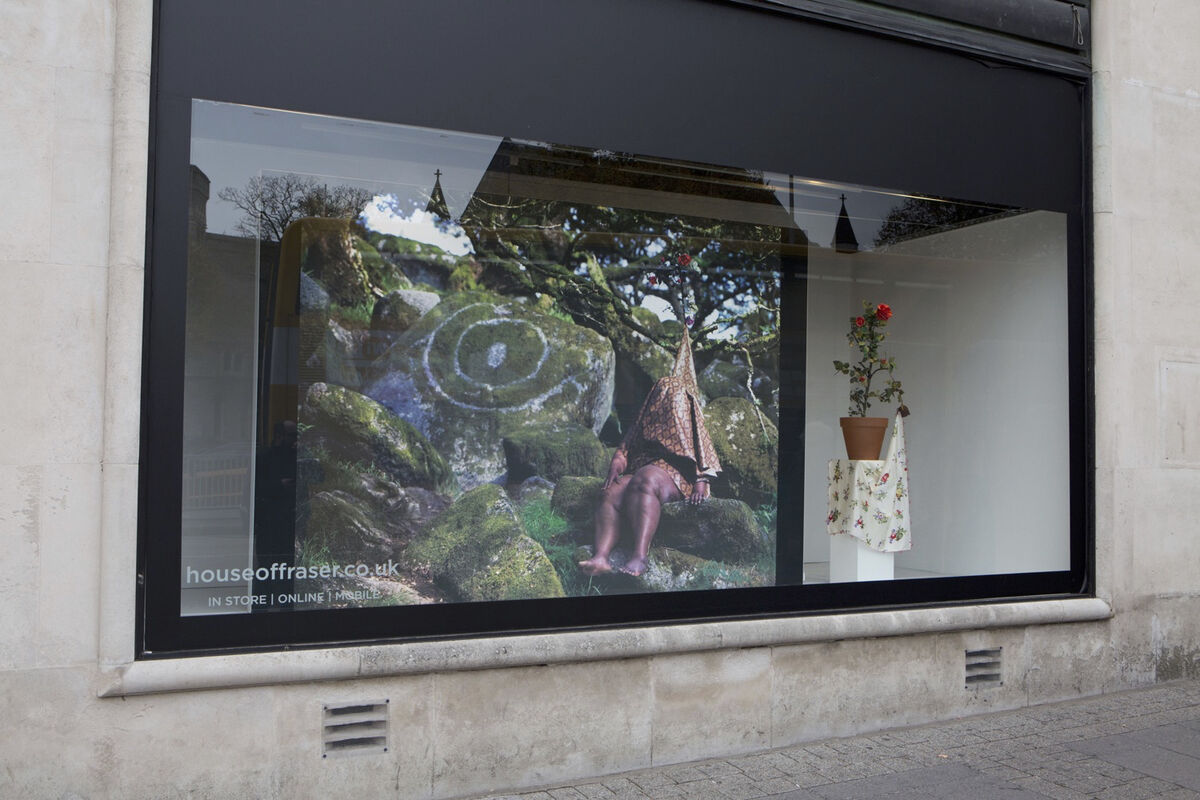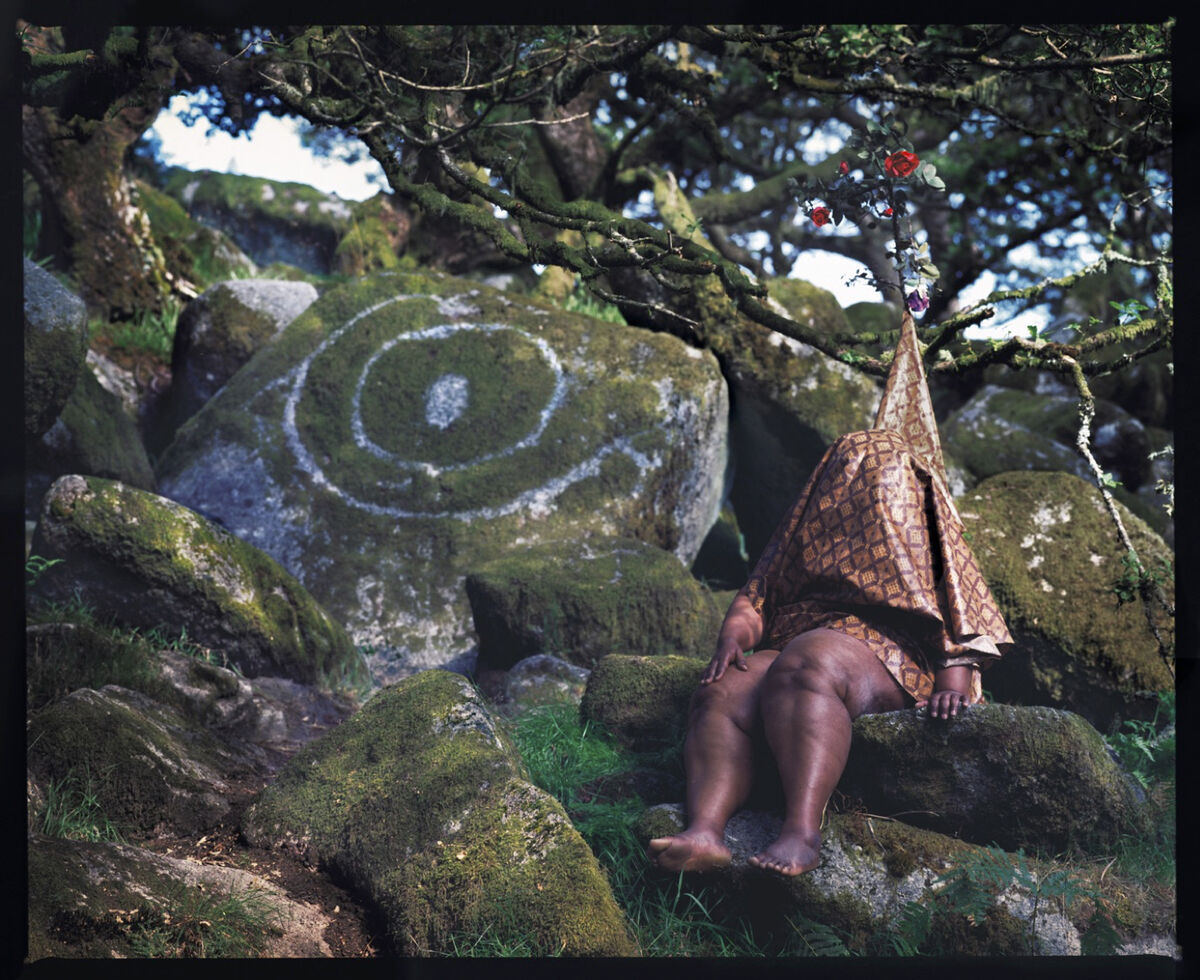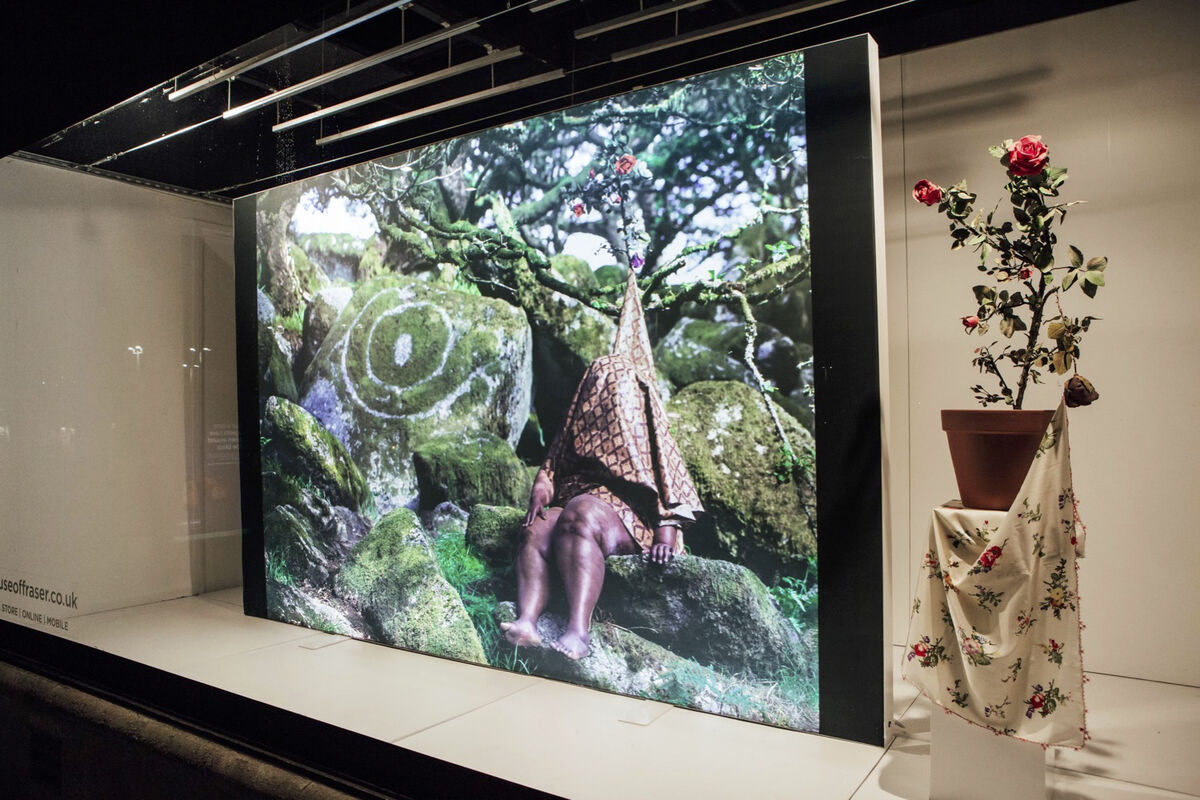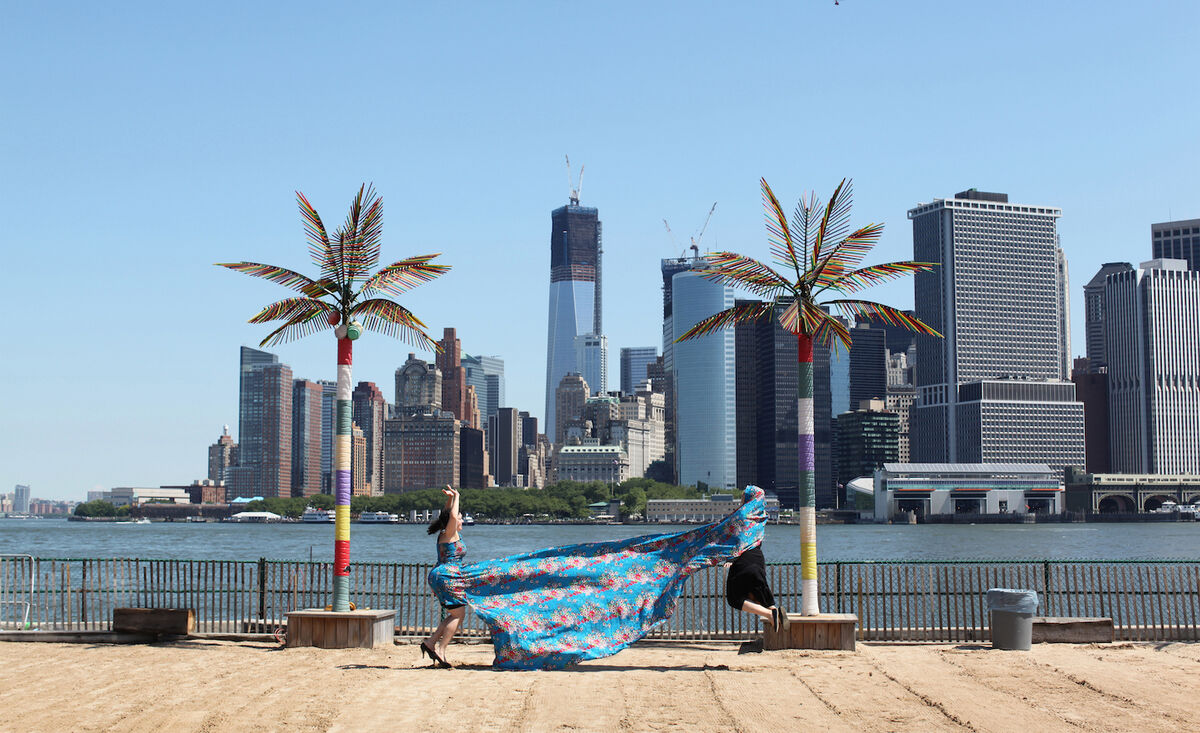
Nilbar Güreş (b. 1977, Istanbul), through her often playful and humorous practice, explores female identity, the role of women, the relations between women and their homes, and the public realm, as well as relationships between women. She also focuses on the image of Muslim women in Europe, racism and what it means to be a migrant today. Her works include painting, collage, video, performance, photography and found objects. Taking her own background – the Kurdish-Alevi culture – as a starting point, the places where Güreş develops her projects, the personal interaction with the local people and their multifaceted cultures, are always essential to her work. During her time in Plymouth she has built a relationship with Devon & Cornwall Refugee Support (DCRS), an organisation providing a safe environment for asylum seekers in the city (which is one of five ‘dispersal’ centres for refugees in the UK). She has also developed relations with members of the Kurdish community, which is the second largest minority ethnic group in Plymouth. Out of these particular relationships, Güreş has produced a series of photographic works made with local participants to be presented as large billboards along Armada Way, playfully exploring the experience of being a displaced person in Plymouth, and everyday 'exoticism'.
Armada Way The central pedestrian thoroughfare in Plymouth’s post-war city centre, constructed as part of Sir Patrick Abercrombie’s ‘Plan for Plymouth’ (1943), was envisaged as a grand “garden vista – a parkway making use, with terraces, slopes, steps, pools, avenues and other contrasting features, of the varying levels”. Today it has become a timeline of different visions of the future, from the 1950s ‘Brutalist’ architecture of post-war reconstruction to the 21st century global brand stores, along with the empty premises of Austerity Britain.
